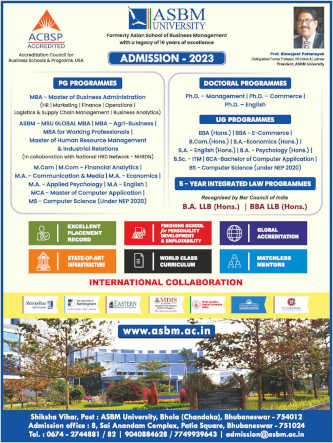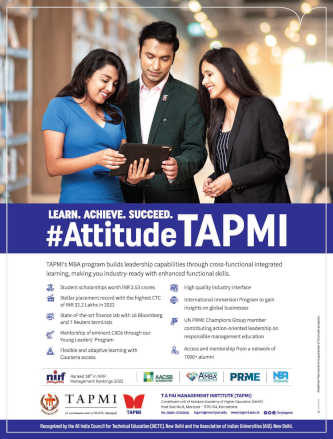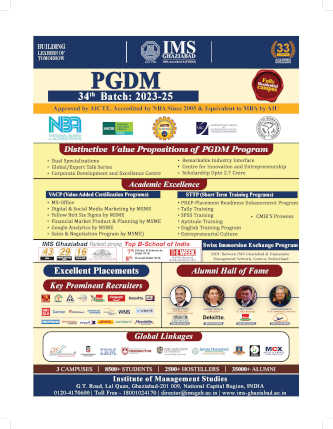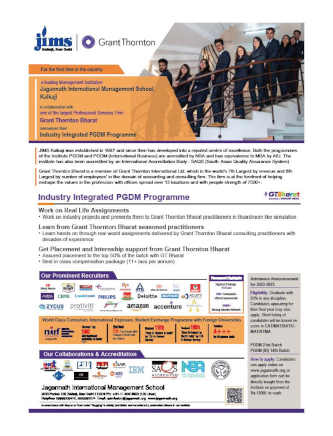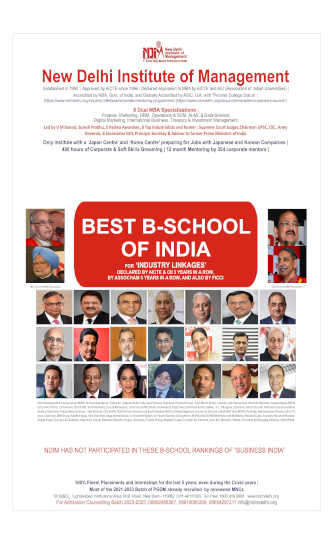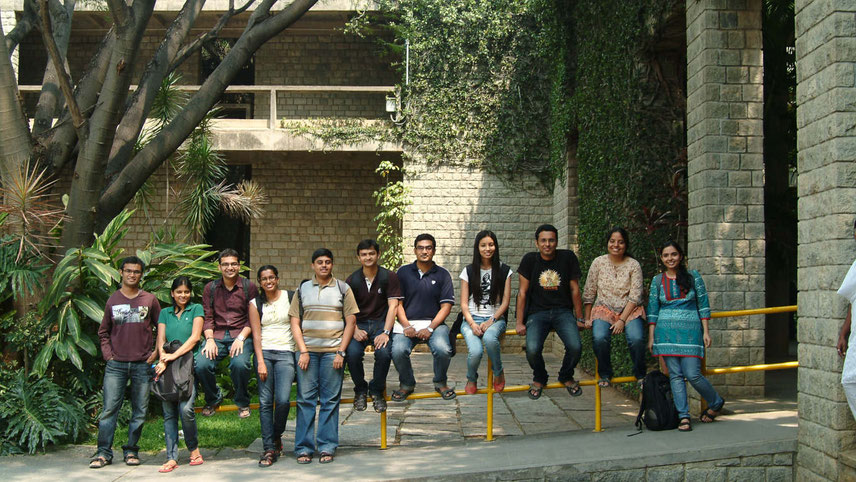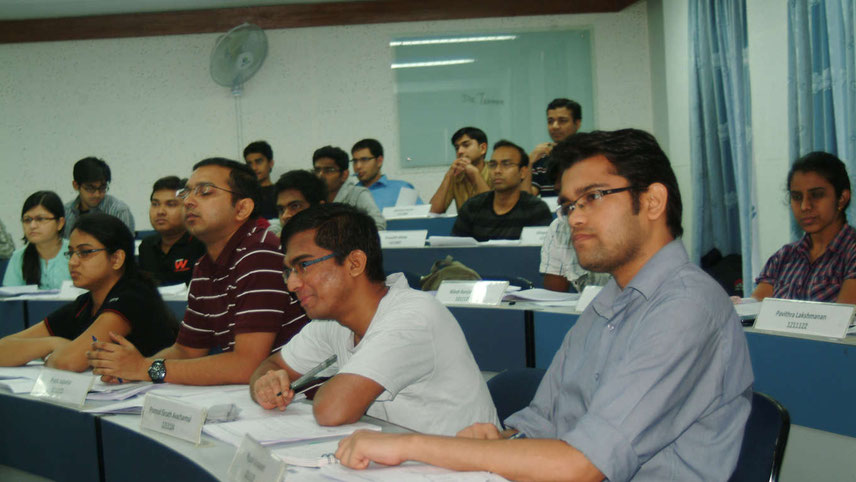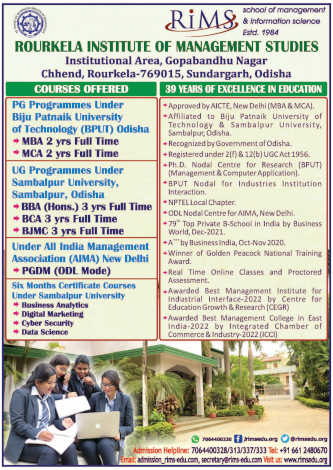
In 2002, Charles Handy wrote a celebrated article in Harvard Business Review titled ‘What’s a business for?’ The central premise of the article was that profit could not be the raison d’etre of a business. Profit, in Handy’s view, was akin to oxygen for a business. We need oxygen to breathe, but we do not live to breathe. The analogy holds true for business schools.
An organisation needs to create surplus over an extended period of time, if it is to survive and thrive. The very same things that lead to maximum short-term profit may erode reputation and trust and, hence, adversely affect medium term profits. Consider a reputed academic institution with high selectivity, which has more than 90 applicants for every admitted student. A criterion of short-term profit will suggest a short-term increase in fees. However, this may imply that many meritorious students are turned away, recruiters may have lower satisfaction and, ultimately, erosion will lead to lowering of applicant numbers, which in turn will affect profits.
Therefore, the sensible thing for a business school to do is to undertake actions which further social contribution and consequent reputation while maintaining a targeted surplus. This implies that surplus/profit is a constraint which has to be achieved, but not the purpose of existence.
How does a non-profit orientation help? It does so, by putting the focus on the student and the value proposition. Today, the need is for students to understand India as a whole – students, who understand the affluent India which lives in its metros, and the struggling, striving India, which lives in its villages and slums. If today’s business is driven by the small, affluent section of India, tomorrow’s business, will be driven by the aspiring India.
Secondly, business today has tremendous power in society. Every year, business schools send out hundreds of aspiring leaders in industry. If these students are admitted and groomed in a strong value system, then they have the power to positively shape management practice. In order to be able to teach ethics meaningfully, it is critical that both the institutes and its students ‘walk the talk’.




